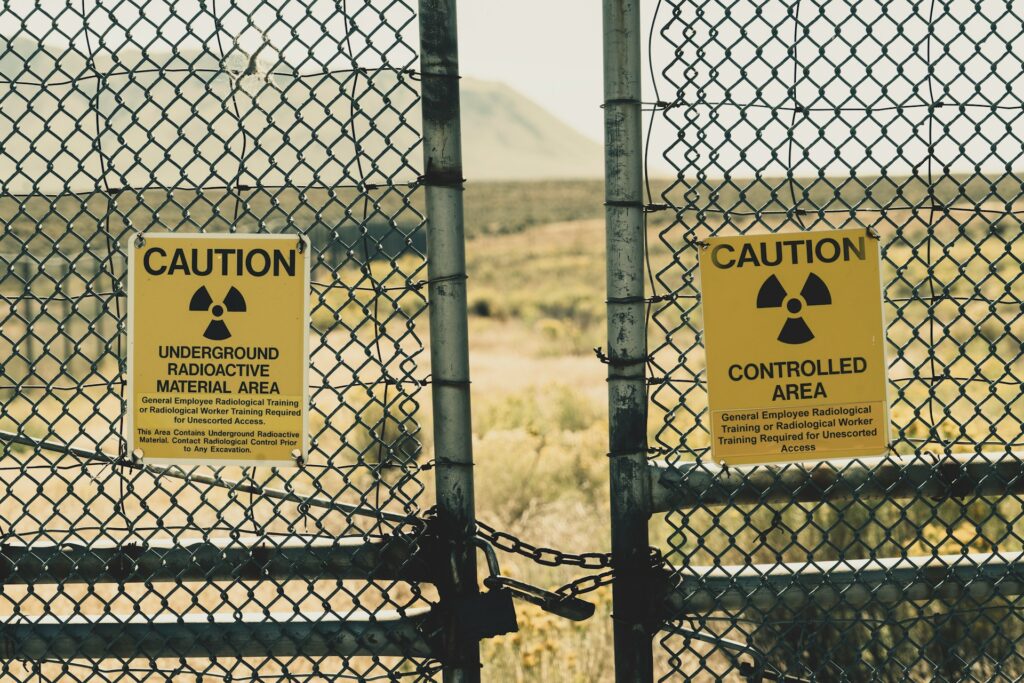Today, we’re delving into a topic that resonates with many: navigating relationships with individuals who seem to make life unnecessarily challenging. You probably recognize them—the ones who leave you feeling emotionally drained, sometimes even despondent, after your interactions. Whether encountered in the workplace or within personal circles, toxic individuals manifest in various forms, often posing significant hurdles to overcome. Among the most intricate dynamics are those within family circles.

Defining a Toxic Person
A toxic person can be defined as someone who employs a range of tactics for personal gain, often at the expense of others’ well-being. These tactics span emotional, material, social, and psychological realms, aimed at exploiting others for their own satisfaction and advantage. Common traits include:
- Egocentrism
- Victim mentality
- Lack of personal accountability
- Temperamental behavior
- Manipulation
- Deceitfulness
A key indicator of toxicity lies in how you feel in their presence—do they leave you drained and diminished? It’s essential to discern between individuals who may lack emotional intelligence or proper social education and those whose behavior stems from deeper, pathological issues. While the former may benefit from guidance and boundaries set by those around them, the latter often requires professional intervention and a willingness to change, which can be challenging to cultivate.
Strategies for Managing Toxic Relationships
Managing interactions with such individuals requires astuteness and resilience. Here are some strategies to consider:
- Recognize Patterns: Toxic behavior typically follows recognizable patterns. Whether it’s a gradual transformation from charm to tyranny or a tendency to lash out when challenged, understanding these patterns empowers you to navigate interactions more effectively.
- Establish Boundaries: Clarify your boundaries and uphold them steadfastly. Protect your privacy and refrain from divulging personal information that could be manipulated to their advantage. Reflect on any recurring patterns in your own behavior that may attract toxic individuals and adjust accordingly.
- Assert Your Truth: Confront toxic behavior tactfully but firmly. Provide constructive feedback when necessary, as failing to address unacceptable conduct perpetuates a disservice to everyone involved.
- Create Distance: When feasible, maintain distance from toxic individuals, especially if the relationship is not vital. Continually subjecting yourself to their detrimental patterns only reinforces their behavior and compromises your well-being.
Self-Reflection: Are You the Toxic One?
It’s crucial for self-reflection: could you inadvertently embody toxic traits yourself? Acknowledging and addressing such tendencies is pivotal for personal growth and healthier relationships. Remember, treating others with empathy and respect, as you wish to be treated, forms the cornerstone of positive interpersonal dynamics.
Seeking Professional Help
If you find navigating these relationships challenging, consider seeking professional help. At TLJ Group, we offer advisory services tailored to help you manage difficult relationships effectively. Additionally, our CRUDO course on relationships provides in-depth strategies and insights to enhance your interpersonal skills and emotional intelligence.
For more information on our services and courses, visit tljgroup.co.
In conclusion, we all need to keep the negative aspects of our behavior and tendencies in check. No one deserves to be treated poorly due to our lack of emotional intelligence and self-management. It’s as simple as the golden rule: treat others as you wish to be treated.
Ready to transform your relationships? Explore our advisory services and the CRUDO course on tljgroup.co today.